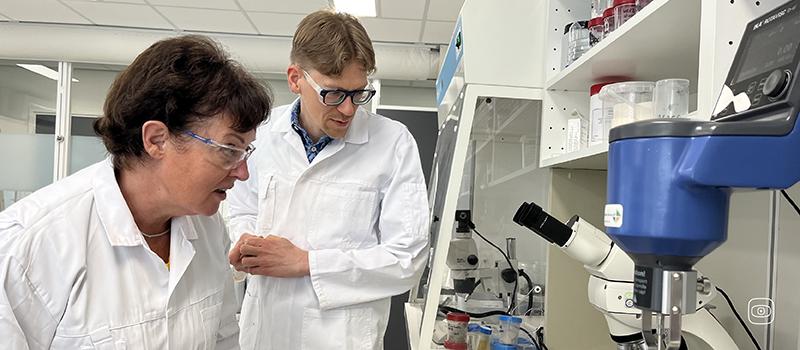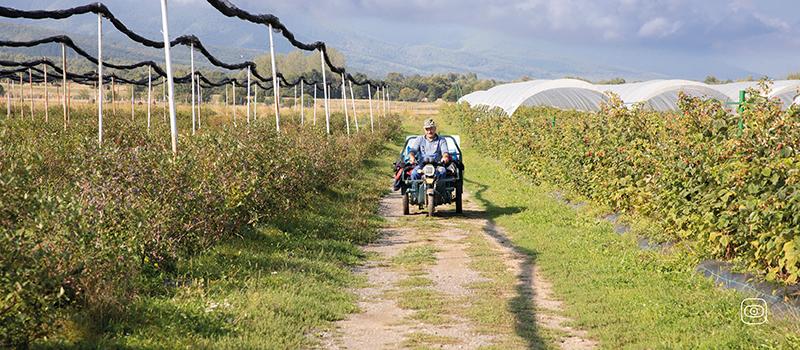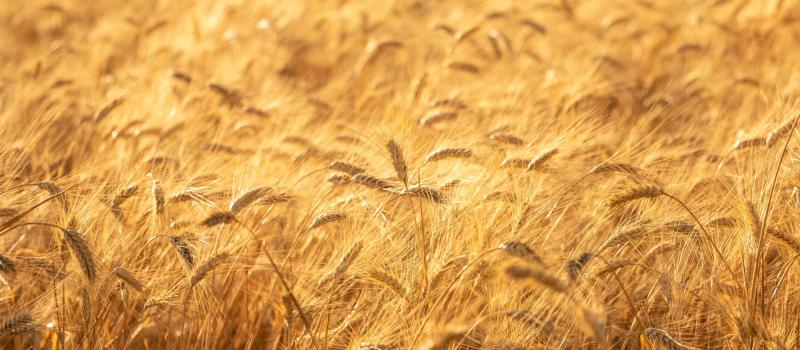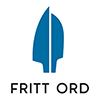
Paolo Riva is a freelance journalist based between Brussels and Milan, specialized in social issues and European affairs.
His work has appeared in Corriere della sera, BBC World Service, IRPI Media, Open Migration, Il Post, and The Big Issue Zambia. He currently works on A Brave New Europe - Next Generation with Slow News and Secondo Welfare.
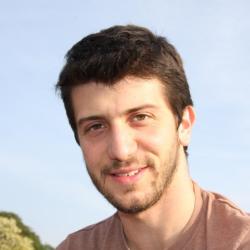
Basic information
Name
Paolo Riva
Title
Journalist
Expertise
social issues and European affairs
Country
Italy
City
Milano
Twitter
Website
Links
